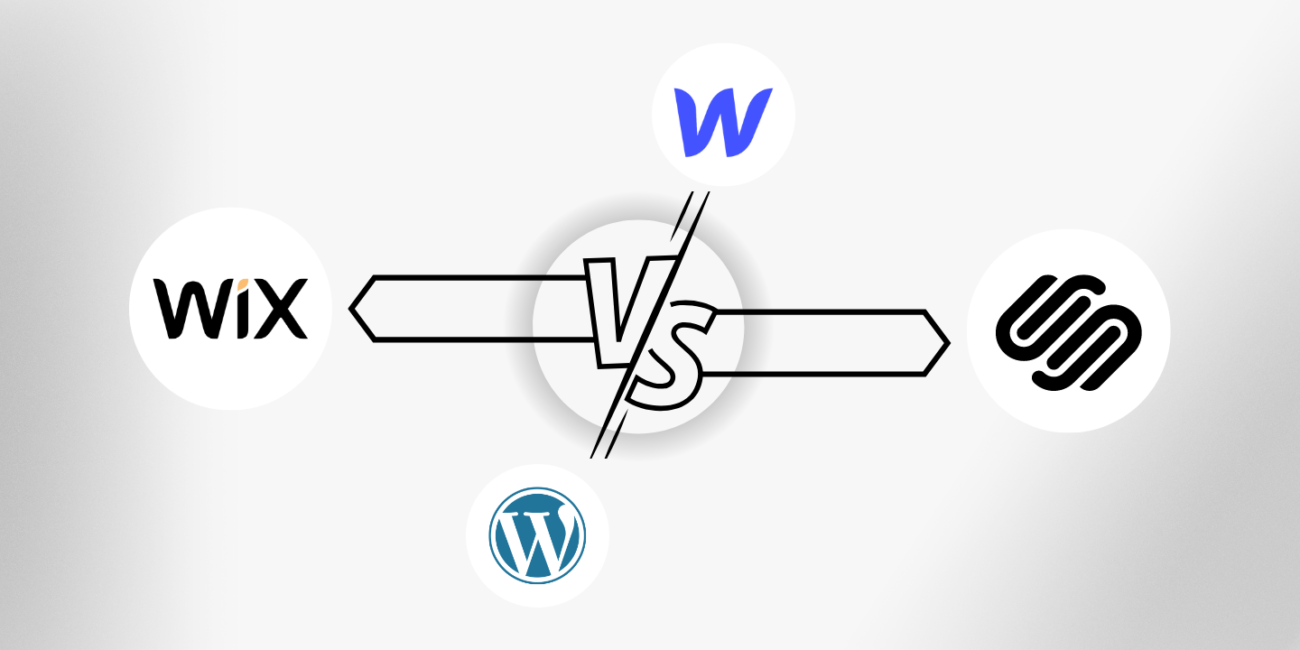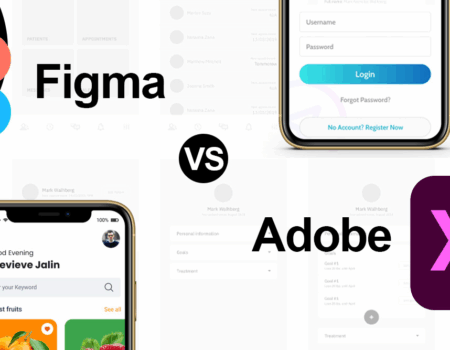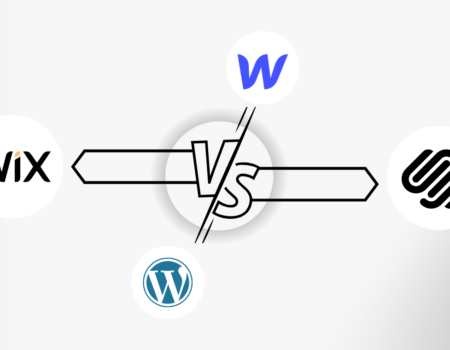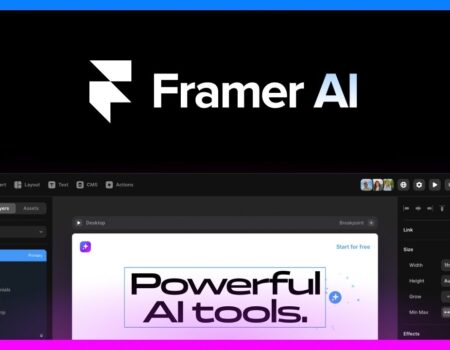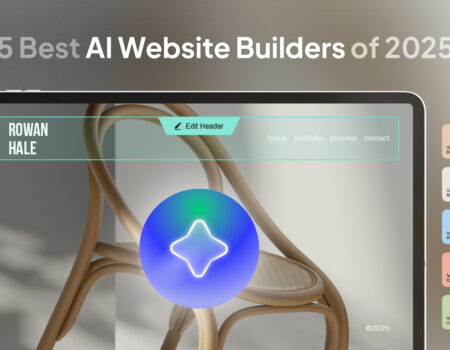The rise of AI-powered website builders has transformed how businesses, freelancers, and creatives build online presences. In 2025, Wix, Webflow, and WordPress remain three of the most popular platforms—but each has taken a unique approach to integrating AI features. Choosing the right AI-powered builder depends on your needs, technical skill, and goals. Let’s dive into how these three stack up and which might be best for you.
1. Wix: AI for Simplicity and Speed
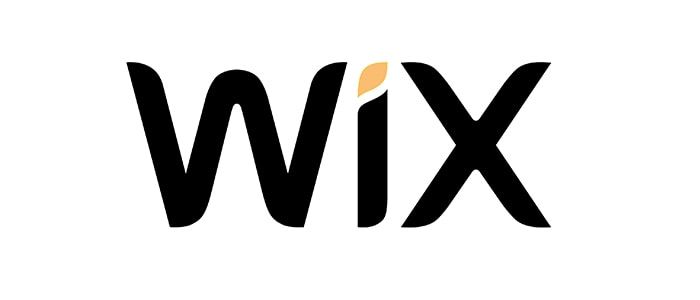
Wix has embraced AI as a core part of its identity with tools like Wix ADI (Artificial Design Intelligence). This feature automatically creates complete, tailored websites in minutes by asking users simple questions about their business and preferences. The platform leverages AI for design suggestions, content generation, SEO optimization, and even marketing automation.
Strengths:
- Extremely user-friendly for beginners with no design or coding experience.
- Fast site creation thanks to AI-driven templates and auto-layout adjustments.
- AI-powered SEO and marketing tools baked in to help small businesses grow.
- Built-in hosting and ecommerce features simplify launch and management.
Limitations:
- Less flexibility for designers who want granular control over every element.
- Can be limiting for complex or highly customized projects.
- AI-generated content may require editing for voice and uniqueness.
Best for: Small businesses, freelancers, or users wanting quick, polished sites without technical overhead.
2. Webflow: AI for Design Freedom and Precision
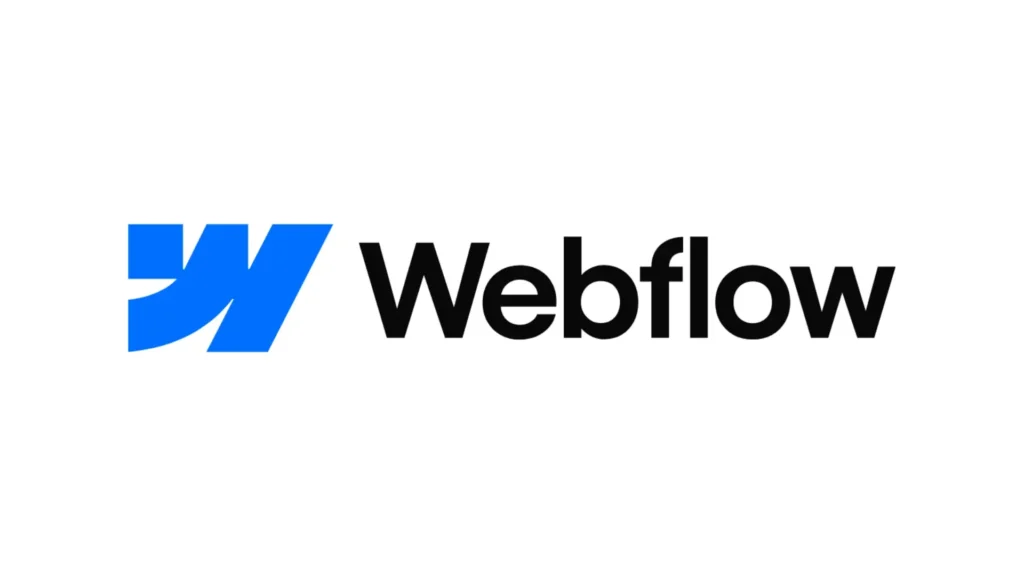
Webflow targets designers and developers seeking the perfect blend of visual design freedom and code-level control. Its AI tools focus on accelerating workflows rather than fully automating creation. Features include AI-assisted layout suggestions, content auto-generation, and design system optimization. Webflow also integrates AI in its CMS for smart content management and personalization.
Strengths:
- High level of design customization and responsive control.
- AI tools help speed up repetitive tasks without sacrificing creativity.
- Direct export of clean, production-ready code.
- Ideal for interactive, dynamic sites and web apps.
Limitations:
- Steeper learning curve compared to Wix and WordPress.
- AI is more of an assistant than a full automation tool.
- Requires some technical knowledge for advanced features.
Best for: Designers and developers who want AI to enhance, not replace, their craftsmanship and prefer full creative control.
3. WordPress: AI-Powered Flexibility and Scale
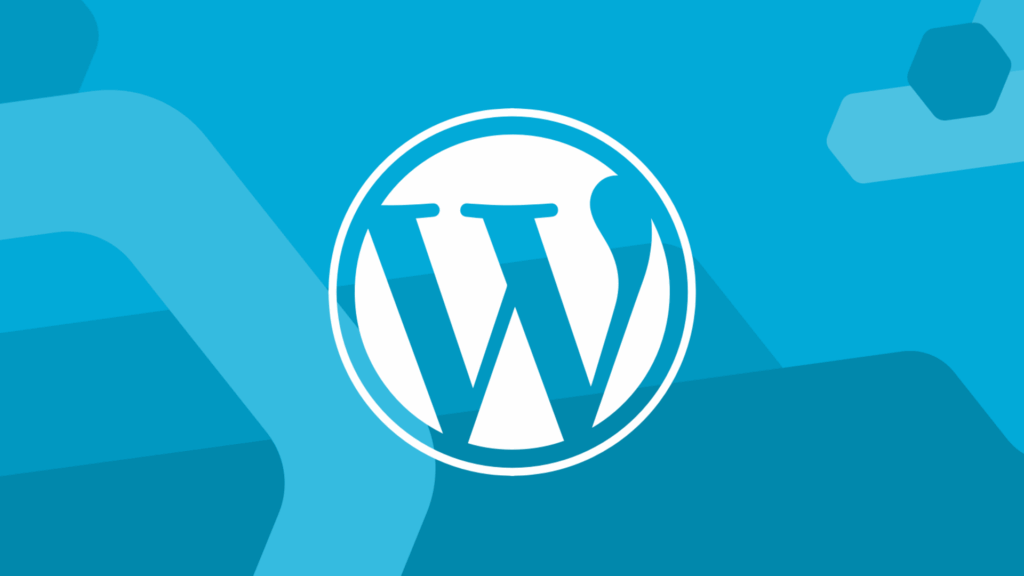
WordPress remains the world’s most popular CMS and has rapidly integrated AI across its ecosystem. Rather than a single AI builder, WordPress offers AI-powered plugins and themes—like AI content generators, SEO analyzers, and chatbots—that users can mix and match. With platforms like WordPress.com providing AI-assisted site creation, it caters to both beginners and power users.
Strengths:
- Highly flexible with thousands of AI-powered plugins and integrations.
- Scalable for everything from blogs to enterprise sites.
- Open-source nature allows full customization and ownership.
- Strong community support and continuous AI innovation.
Limitations:
- Setup and maintenance require more technical know-how than Wix.
- AI features can be fragmented across plugins, leading to inconsistent experiences.
- Hosting and security are user responsibilities unless using managed services.
Best for: Users who want the widest range of AI tools and plugins, full control, and scalability, and don’t mind some technical setup.
Key Comparison Summary
| Feature | Wix | Webflow | WordPress |
|---|---|---|---|
| AI Focus | Automated full-site creation | AI-assisted design workflows | Plugin-based AI ecosystem |
| Ease of Use | Beginner-friendly | Intermediate to advanced | Intermediate to advanced |
| Customization | Limited | Extensive | Unlimited |
| Best For | Quick, polished sites | Designers/developers | Scale and flexibility |
| Hosting | Included | Included | User choice |
| Pricing Model | Subscription | Subscription | Free core + paid hosting/plugins |
Which AI Builder Should You Choose?
- Choose Wix if you want a hassle-free, AI-driven site that gets you online fast with minimal effort. It’s perfect for solopreneurs, small businesses, and those who want everything handled in one place.
- Choose Webflow if you’re a designer or developer who wants AI tools to enhance creativity and precision without losing control. It’s best for complex sites and interactive projects needing fine-tuned design.
- Choose WordPress if you need maximum flexibility, want to mix and match AI tools, or plan to scale your site extensively. It requires more hands-on management but rewards with unmatched power and customization.
Final Thoughts
AI-powered website builders in 2025 have made launching and managing websites easier than ever. Whether you prioritize speed, design control, or flexibility, Wix, Webflow, and WordPress offer compelling options. Understanding their AI strengths and limitations will help you pick the right platform to bring your vision to life with less friction—and more innovation.

